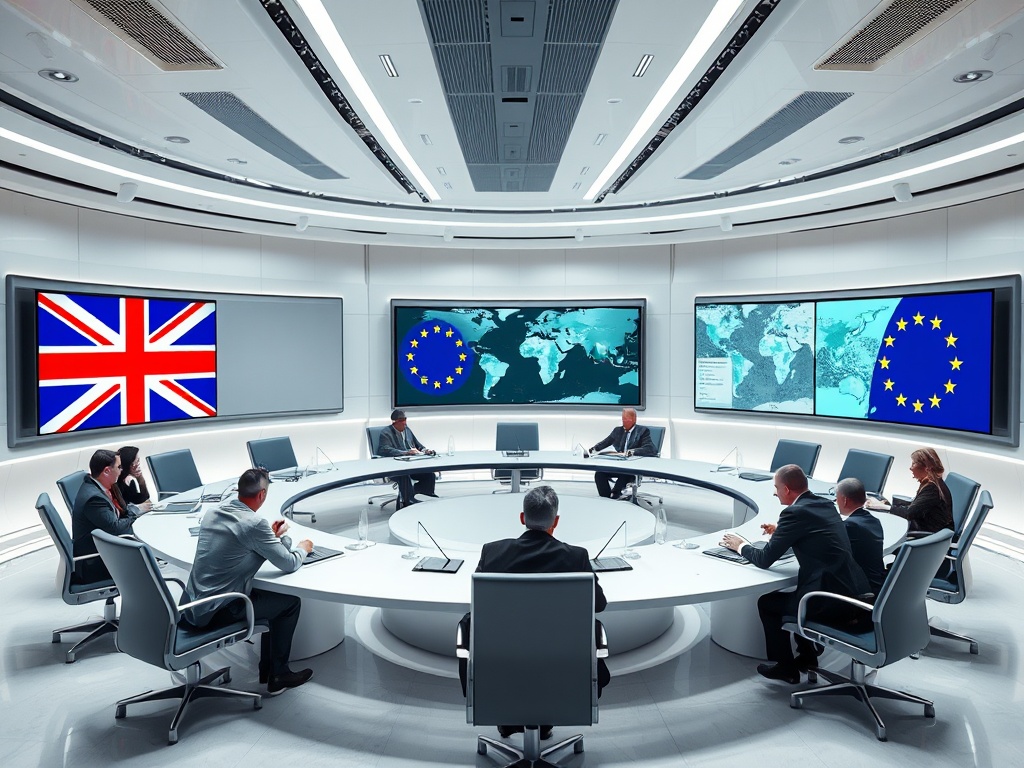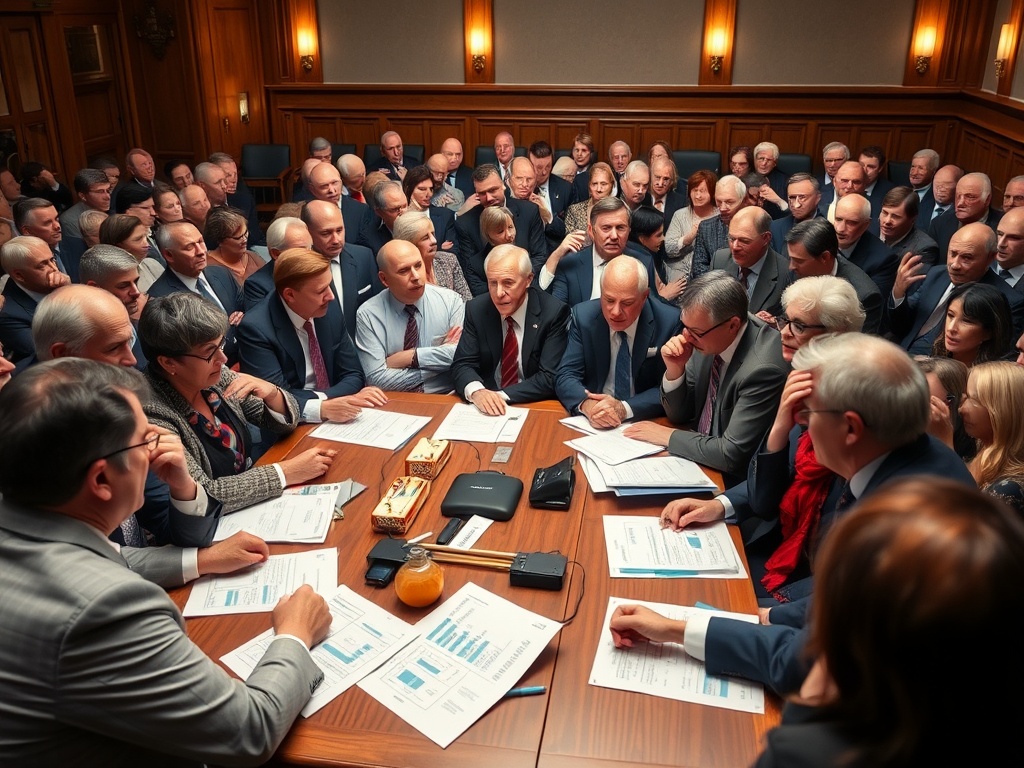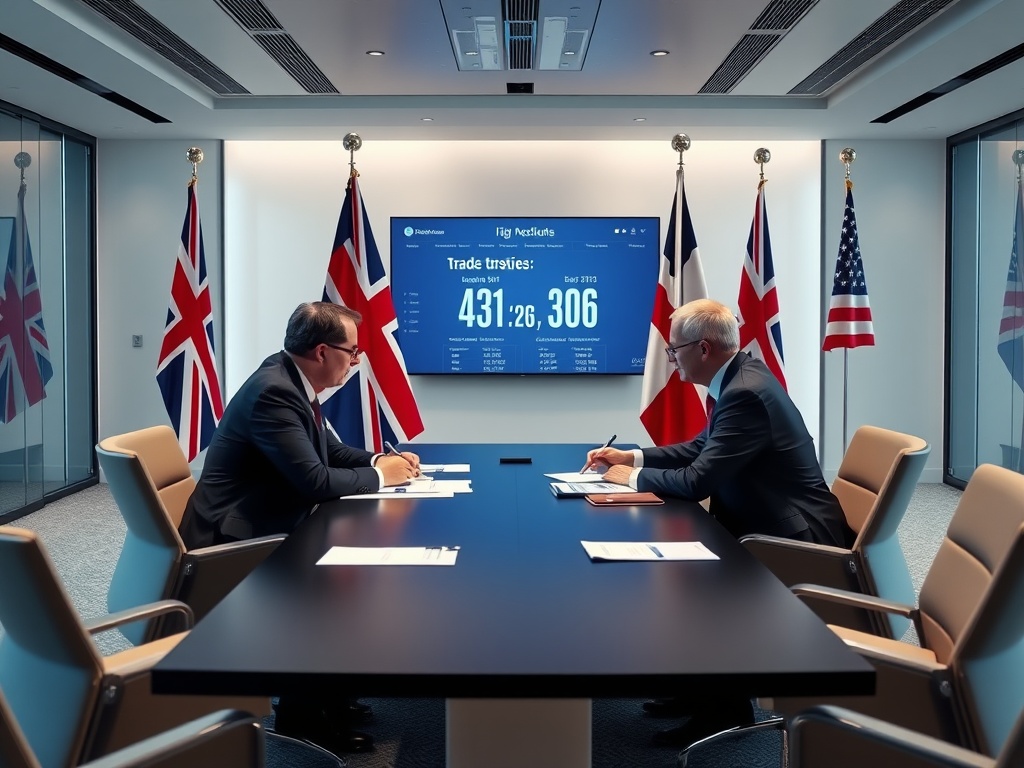Keir Starmer’s Brexit Reset: A New Era of UK-EU Defence Cooperation

Sir Keir Starmer has received a significant boost in his efforts to reset Brexit relations, as allies of Germany’s anticipated new leader have indicated a preference for stronger defence ties between the UK and the EU. The Prime Minister has prioritized establishing a robust defence and security pact as a central component of his strategy to redefine relations with the EU. During a recent dinner with EU leaders, he emphasized the need for enhanced industrial collaboration, a move interpreted as an initiative to facilitate greater access for British defence companies within the European market.
However, France remains cautious about the extent of the UK’s involvement in Europe-wide defence procurement initiatives, especially in light of the heightened urgency following former President Donald Trump’s indications regarding American withdrawal from European security commitments.
Senior figures within the Christian Democratic Union (CDU), the party of Germany’s chancellor-in-waiting Friedrich Merz, have expressed that the incoming leader views the British defence industry as a valuable asset for Europe’s overall security. They highlighted the necessity for Europe to extend its approach beyond the European Union to ensure a robust defence strategy.
Merz’s perspective is expected to exert influence within the EU, particularly from one of its leading nations, urging a reevaluation of existing rules regarding the Brexit reset, including potential agreements on security collaborations and joint weapons procurement programmes. The CDU/CSU Union election manifesto supports close involvement of the UK in efforts to integrate European armed forces into a cohesive defence union within NATO’s framework, aiming to deepen cooperation between the EU and the UK, especially in matters of security and defence policy.
Diplomatic sources suggest that these commitments are likely to endure through any coalition negotiations that Merz may face while forming a government in Berlin. David McAllister, a CDU ally of former chancellor Angela Merkel, noted that the CDU has consistently adopted a pragmatic approach regarding relations with the UK. McAllister, who serves as an MEP and chairs the European Parliament’s Foreign Affairs Committee, remarked to The i Paper:
- “Indeed, defence and security cooperation is essential, particularly in these rapidly changing geopolitical times. There is significant willingness on the European side, particularly Germany, to coordinate closely with Britain.”
- “This collaboration should align with Starmer’s vision for industrial cooperation, as we need to enhance our defence production, improve coordination within the European defence sector, and collectively invest and spend more.”
It is a promising opportunity for both parties to advance their mutual interests in security and defence.
In a related context, Günter Krings, a CDU MP, emphasized that Merz maintains a strong relationship with the UK and is inclined to adopt a more pragmatic approach. He articulated during an exclusive webinar hosted by the British Chamber of Commerce in Germany (BCCG), in collaboration with the Konrad Adenauer Foundation, that Merz is firmly committed to the idea that Europe must attain strategic independence from the US, which inherently includes the UK in this equation.
Krings stated: “To establish a formidable defence in Europe, we must extend our focus beyond the European Union; the UK must be included if we genuinely want to make a significant impact.”
Canan Atilgan, affiliated with the CDU-aligned Konrad Adenauer Foundation think-tank, remarked that when Merz discusses Europe, particularly concerning defence and security, he invariably includes the UK. She emphasized that without the UK, there can be no substantial European defence framework.
Dr. Atilgan pointed out a growing trend towards forming a “coalition of the willing” for European defence, moving away from the EU’s requirement for unanimous consensus. This coalition could potentially be modeled after the recently created Weimar+ grouping, which arose in response to changes in US policy regarding Ukraine, including key nations like Germany, France, Poland, Spain, Italy, alongside the UK and the European Commission.
She commented: “While this perspective is not yet mainstream, recent meetings—including those with Prime Minister Starmer—suggest a shift towards a broader European approach that transcends the EU.”
Dr. Atilgan also posited that concerns about involving the UK in EU defence procurement frameworks could be addressed, questioning whether this would challenge Brussels’ longstanding “no cherry picking” stance on Brexit. She asserted: “The EU cannot afford to prioritize internal regulations over urgent security needs; action is imperative to establish a broader European security strategy.”
Nevertheless, potential challenges for Starmer have been highlighted by Sandro Gozi, the European Parliament’s Brexit lead, who indicated that thorough discussions are necessary regarding both the UK’s budget contributions and the extent to which the EU is willing to broaden its inclusivity.
Chancellor Rachel Reeves is open to engaging with European finance ministers on the UK potentially participating in an EU-wide defence fund, which would utilize collective debt. Some officials in Whitehall express skepticism about the feasibility of this plan, arguing it would render the UK liable for European debt, while the Government maintains that its own defence spending is more efficient than that of the EU.
Despite these reservations, the proposal remains under consideration, with Reeves expected to discuss it during the G20 finance ministers meeting in Cape Town. The Prime Minister’s official spokesperson stated: “Certainly, the Chancellor will engage in numerous discussions at the G20. The Treasury has confirmed she will meet with her European counterparts to discuss defence financing, but I cannot preempt those discussions. Overall, our focus remains on ensuring our military is prepared for future challenges.”




